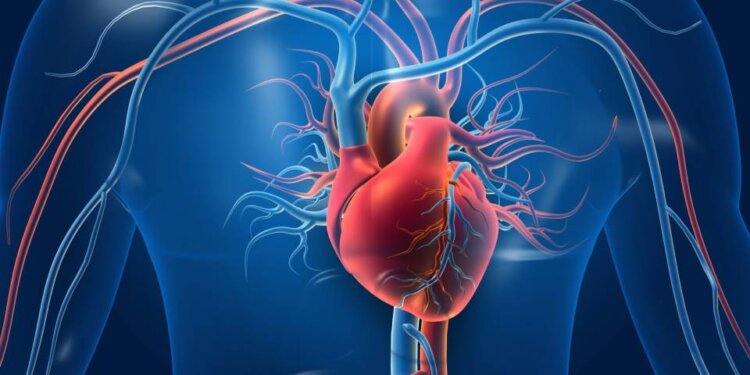It’s quite natural to enjoy a sweet or savory treat every now and again. Excess salt and sugar, on the other hand, have been proved in research over the last few decades to be hazardous to our heart health.
Consuming foods heavy in sugar and salt might increase the chance of developing different cardiovascular diseases, as well as other lifestyle conditions such as diabetes and obesity.
But what happens to the body when sugar and salt-containing meals are consumed?
Dr. Mohit Tandon, Consultant Non-Invasive Cardiologist at Fortis Escorts Hospital, discussed the effects of sugar and salty foods on the heart.
Effect of sugary foods on the heart
Liver Metabolism: Excess sugars are metabolized by the liver into fats, which can lead to fatty liver and obesity, increasing the risk of heart disease.
Weight Gain: Sugary foods are quickly absorbed and do not satisfy hunger like protein, fat, or fiber-rich foods, leading to overeating and weight gain, which increases the risk of heart disease.
Inflammation and Blood Pressure: Excessive added sugars are linked to chronic inflammation and high blood pressure, both of which are risk factors for heart disease. The American Diabetes Association recommends that women consume no more than 24 grams of added sugar per day and men consume no more than 36 grams.
Effect of fatty foods on the heart
Saturated and trans fats, which are typically found in baked goods, can raise cholesterol levels, particularly low-density lipoprotein (LDL) cholesterol, also known as “bad” cholesterol.
Elevated LDL cholesterol levels can cause atherosclerotic plaques to form in the arteries, a condition known as atherosclerosis.
These plaques have the potential to restrict the arteries, limiting blood flow to the heart and raising the risk of heart disease. Furthermore, atherosclerosis can result in illnesses such as coronary artery disease, heart attacks, and strokes.
Effect of salty foods on the heart
While salt is necessary for many body activities, including heart electrical conductivity and blood pressure regulation, taking more than the prescribed amount can be detrimental.
The recommended daily salt intake for individuals is roughly 1,500 mg, however many people, particularly in the United States and India, consume more than 3,400 mg daily.
The majority of this extra sodium is derived from processed meals rather than salt applied during cooking.
High sodium intake causes the body to retain additional water in order to dilute sodium levels. This increase in blood volume strains the heart, raising blood pressure and putting strain on blood arteries.
This can eventually lead to hypertension (high blood pressure), a key risk factor for heart disease, stroke, and kidney damage.
Source:IT







 Finance
Finance







